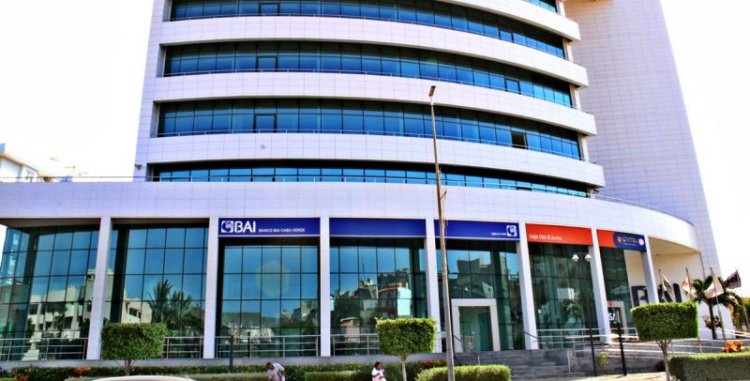According to the document, to which Lusa had access, “in view of a cycle of sustainable growth”, BAI Cabo Verde “changed, at the end of the year, the institutional configuration”, increasing the share capital by over 250 million escudos (2.2 million euros), through the “conversion of bonds into ordinary shares”.
At the same time, an “issue of subordinated bonds” was made, in the amount of 500 million escudos (4.5 million euros).
BAI's management mentions in the message contained in the 2019 report and accounts that these are “operations that show its credibility and sustainability”.
Prior to this operation, BAI (Angola) held an 80.4 percent stake in BAI Cabo Verde's share capital, while Sonangol Cabo Verde - which the oil company Sonangol has already announced that it plans to sell - held a 16.3 per cent stake. cent and Sociedade de Investimentos SOGEI a 3.3 percent share.
After the operation, BAI raised its share to 83.9 percent of the share capital, equivalent to 1199 million escudos, while Sonangol Cabo Verde and SOGEI saw their positions reduced, respectively, to 13.5 percent and 2.7 percent.
Lusa reported on 7 October that BAI Cabo Verde, which has been operating in the country for 10 years, has proposed a capital increase to its shareholders through the conversion of subordinated bonds.
The information was included in the call for an extraordinary general meeting of BAI Cabo Verde, also providing for the election of the new board of directors.
In the call to shareholders at the time, among other items on the agenda, there was a deliberation on a proposal to increase the capital stock of BAI Cabo Verde “through the conversion of subordinated bonds into equity participation”, as well as a new issue of corporate bonds .
Subordinated bonds are financing instruments for companies covered by a subordination clause that provides, in the event of bankruptcy or liquidation of the issuer, that they are only repaid after the other creditors for non-subordinated debt, but with priority over shareholders.







